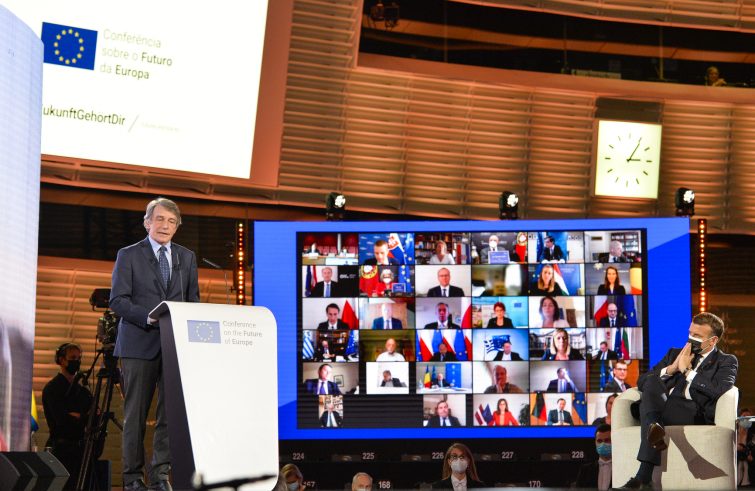
“Our Union needs a new democratic breath, this is the purpose of the Conference on the future of Europe”, said French President Emmanuel Macron at the inaugural event of the Conference on the future of the EU on May 9, Europe Day. The newly reopened seat of the European Parliament in Strasbourg hosted the simple, media-friendly ceremony, with speeches by French President Emmanuel Macron and by the representatives of the three EU institutions: Parliament (Sassoli), Commission (Von der Leyen) and Council of Ministers (Costa). 500 citizens in the 27 Member States attended the zoom meeting and thousands more followed the event via social media.
Strengthening our “Common European Home.” The joint – albeit elaborate – message is clear: Europe must be made stronger in order to establish a suitable level of governance for meeting the challenges of our time. This requires listening to citizens and reforming the institutions (even changing the Treaties if necessary). To be effective, the EU needs new competences (ranging from healthcare to migration policies, to energy, the environment and taxation), greater flexibility in decision-making (abolishing unanimous vote in the Council), and increased decision-making powers for EU institutions – Parliament and Commission – as opposed to Member States. Finally, an adequate budget (including own resources).
Over and above the pandemic. A feasible scenario? It has been the subject of discussion for years, but, every time, short-sighted nationalism hinders the creation of a cohesive and effective Europe. And yet today it should be clear that sovereignty is protected and enhanced at the very least on a continental scale. In fact
the single European countries and territories cannot withstand the impact of globalisation and global competitors in isolation.
The shadow of the pandemic loomed on the launch of the Conference on the Future of Europe due to last at least a year and carried out with online events with the participation of citizens through a digital platform. Nonetheless, the overarching message conveyed in the speeches pointed in the direction of a concerted response, envisioning a fairer, more sustainable Europe in social, economic and environmental terms, transformed by digitisation.
The leaders’ voices. “There is a spirit of defeatism, that says, ‘Look, Europe has not risen to the occasion”, Macron said. “I say on the contrary, it is the European model that has proven itself in this crisis, this model is our innermost identity: we have chosen solidarity.” For David Sassoli, “As we are about to rebuild our economies and our societies on new foundations, and in view of the colossal investments that Europe will inject into public policies, it is even more crucial and urgent to listen to our fellow citizens, to feel their needs, their expectations in terms of assistance, jobs, dignity, security and prosperity, and their vision of this common European future. I believe it is our responsibility to put citizens at the centre of their European project.” “This pandemic stole experiences and emotions, it stole fun and friendships, opportunities to grow, to learn and take risks, and it made many people feel anxious and lonely – remarked Ursula von der Leyen –. We need a new form of solidarity and social justice between generations.”
Organisational framework. The Conference is off to a good start. In the meantime, the Board has finalised the last details to kick off the activities. Alongside the citizens’ agora – which, at least in words, will be at the heart of the Conference – the Plenary will be composed of 108 representatives from the European Parliament, 54 from the Council (two per Member State) and 3 from the European Commission, as well as 108 representatives from all national Parliaments on an equal footing. 108 citizens (of which at least one-third will be younger than 25) will participate to discuss citizens’ ideas stemming from the Citizens’ Panels and the Multilingual Digital Platform. Some 18 representatives from both the Committee of the Regions and the European Economic and Social Committee, and another eight from both social partners and civil society will also take part.
A special place for young people. “Exchanges will be structured thematically around recommendations from the Citizens’ Panels and input gathered from the Multilingual Digital Platform”, organizers explained.
The final outcome of the Conference will be presented in a report to the Joint Presidency representing the three EU institutions.
The latter “will examine swiftly how to follow up effectively to this report, each within their own sphere of competences and in accordance with the Treaties.” The Executive Board “will soon set the date for the first Conference Plenary meeting” Preparations for the Citizens’ Panels are underway, while the number of participants continue to grow. Preparations for the European Youth Event organised by the European Parliament in October also continue. The Conference is now taking its first steps.

